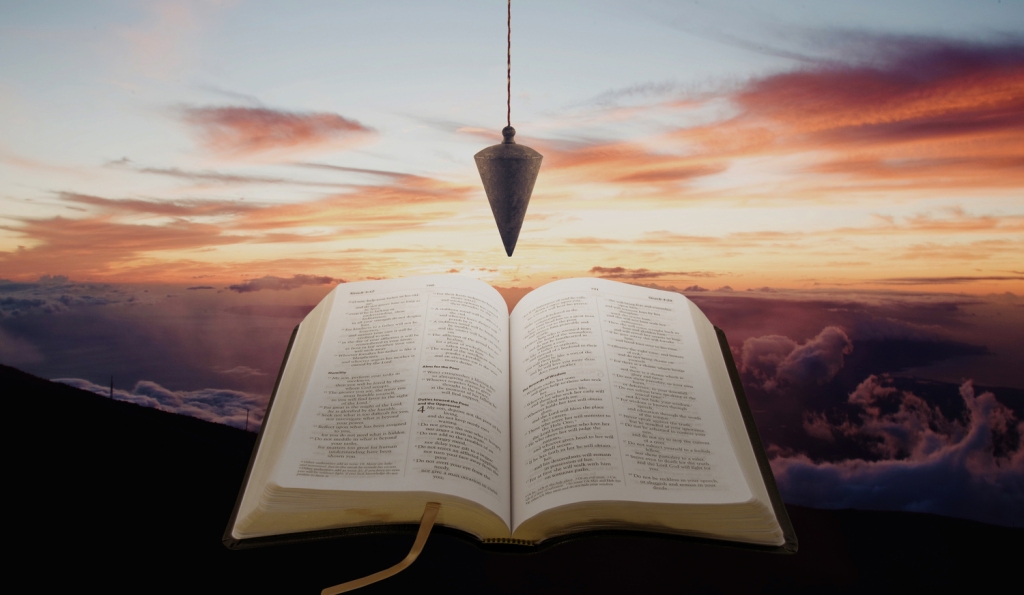Readings: Psalms 21-24
Psalm 22:19 – “But you, LORD! Don’t be far away! You are my strength! Come quick and help me!”

What a range we have in today’s four Psalms. Psalm 21 celebrates God’s protection of the king. Psalm 22 begins as a desperate plea for help and turns into praise. Psalm 23 is all about trusting in God’s care. Psalm 24 celebrates God’s control over all things.
Psalm 21 begins with thanksgiving for all that God has done to establish the king. There is a two-way street: the king will not stumble because he trusts the Lord. The psalmist returns to thanksgiving in verses 8-12. This thanks is for God’s protection against enemies. There are parallels with Psalm 23 abounding here in this Psalm. Praise be to God!
Turning to Psalm 22 the immediate question is, “Where are you, God?!” The psalmist cries out day and night. Although faithful since birth, the author is now “poured out like water.” These words and others in these four Psalms echo the scene of Jesus on the cross. The cry to the Lord is renewed in verse 19: “But you, LORD! Don’t be far away! You are my strength! Come quick and help me!” This cry, however, is quickly followed by words of praise and proclamation. It is as if the psalmist of verse 4 (“Our ancestors trusted you”) has reconnected to the Lord our God. Psalm 23 speaks deeply of this trust and connection. This Psalm reminds us of the thoroughly sufficiency of God’s care for us in all of life.
Psalm 24 takes the themes and ideas of Psalm 23 and makes them corporate. All is God’s. The God who walks with us “through the darkest valley” is also the God who is strong and powerful in battle. Psalm 24 reminds us that “only one with clean hands and a pure heart” can ascend to the mountain of God. May it be so for you and for me.
Prayer: Lord God, how glorious, how mighty, how majestic, how powerful are you, O God. And yet you hear our cries in the night and our pleas by day. All-powerful yet personally intimate. You hold our hand in the valleys. Your hand anoints us with the oil of blessing. You are the king of glory! You are our God. Amen.






